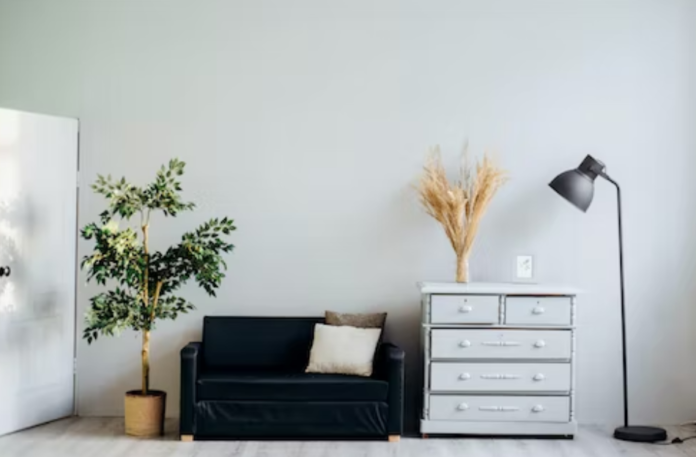Whether you live in an urban area or out in the country, you know that sound can be particularly annoying if you are trying to sleep or watch your favourite show. When building or buying a home, many people do not think about how sound will travel through and around their home or be perceived by those living there.
The good news is that there is a lot you can do to reduce noise levels in homes, ranging from cheap to expensive options.
Move Things Around
The arrangement of your furniture can determine how loud a home is. If you have a lot of hollow spaces inside your home, place furniture so that it blocks noise from getting into these spaces. Doing so prevents noise from bouncing around in these spaces and annoying everyone living there. Also, avoid placing your TV or sound system within these nooks. The reflected sound will be louder and worse, meaning you will not get the most out of your audio-visual system.
Soften Surfaces
Sound bounces off flat surfaces around the home like the floor, windows, and ceiling. The best way to stop this from happening is by softening these surfaces so they absorb rather than reflect the sound.
For the floor, you can get a carpet to absorb sound. If you get high-quality carpets in Dulwich, you get the advantage of adding colour to a room and your house. You also benefit from not walking on a cold floor when the temperatures fall.
Consider getting some heavy drapes and curtains to prevent sound reflections on the glass on the windows.
These also have the same benefits as carpets of making the home look much better, and they can even help you regulate the temperature inside the house by blocking sunlight.
Get Better Windows and Doors
There are numerous options for sound-proof doors and windows. Importantly, get doors that close completely so they do not let outside sound in. If there is a gap between the frame and the wall, call a contractor to plug it.
For the windows, you can opt for double-glazing. These types of windows have two panes with an insulating layer of air between them. These additional barriers reduce the amount of noise entering the home by up to 50%. The layer of air between the panes can also save you money on your heating and cooling costs.
Insulate Your Interior Walls
If your home has cavities in its wall, you can add insulating material to reduce noise and vibrations. Such insulation will fill the gap between the walls and the stud.
It will absorb noise and break its path so that it doesn’t get inside the house.
Add a Ceiling
If you have an open home where you can see the roof, consider adding a ceiling to absorb noise. A contractor can help you choose the right sound-absorbing material that looks great.
Noise, whether from inside or outside a home, is annoying for many people. If you are one of these people, there are numerous options for making your home as quiet as possible. The options you choose will depend on how much you have to spend and how much work you want to do.










